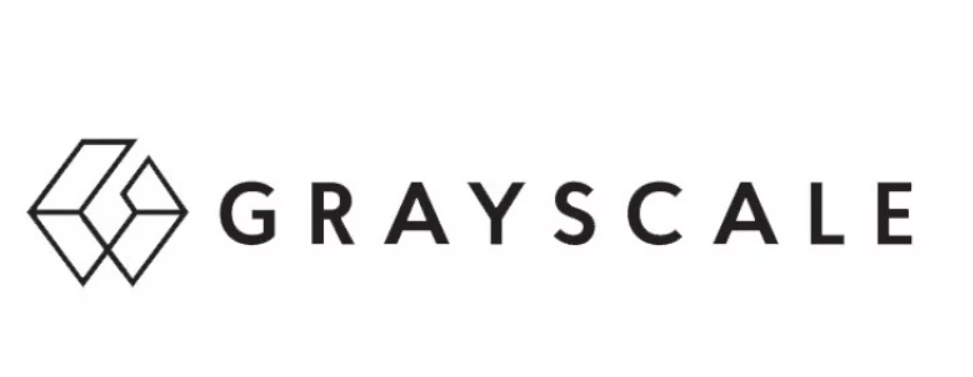Bitcoin ETF has seen more than $11 billion in net inflows since its approval over two months ago. A Grayscale executive recently made some remarks about the current situation. The company that succeeded in converting GBTC to an ETF is now wondering if they can do the same for Ether.
Spot Ethereum ETF
Grayscale‘s John Hoffman answered key questions today. During a conversation with Judy Shaw, Grayscale’s Managing Director John faced several important questions. He believes that spot Bitcoin ETFs are a major innovation in finance and that making investments in Bitcoin this accessible is extremely significant.
Bitcoin‘s price volatility was addressed by Hoffman as follows;
“I think we can start with Bitcoin’s scarcity. There’s an element of shortage here. There will only ever be 21 million Bitcoins in the world. What we’re seeing right now is entirely a supply and demand situation. You’ve made buying Bitcoin easier, simpler, more comfortable. You’ve opened this up to trillions of dollars in capital that people are putting into their brokerage accounts, their 401ks, or their retirement accounts today. And so, you have this new capital starting to be allocated here. I think it’s all about supply and demand. There’s more demand than there is supply, and the price is going up. The last thing I’ll say is that this is happening in the United States. It’s also happening in many other markets around the world. This is a global technology competing for a scarce resource, and I think that’s what’s driving the price in the short term.”

Spot Ethereum ETF was also discussed;
“At Grayscale, we operate the world’s largest Ethereum fund. ETHE is a trust, not an ETF. However, similar to what we did with GBTC, we have filed a 19b-4 application to upgrade it to an ETF. So today, we are working with regulators and actively discussing the product. But still, this is the world’s largest Ethereum fund, and we’ve seen how GBTC has performed. This is definitely a topic we think a lot about and try to discuss with our clients.”
Accordingly, the fact that discussions with regulators are ongoing is positive. Following intensified discussions, speculation about ETF approval and subsequent actual approval could significantly impact the markets.

 Türkçe
Türkçe Español
Español









